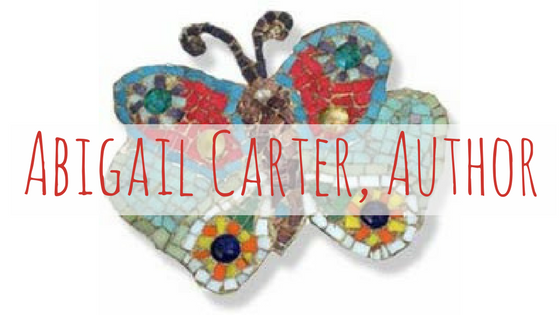Grief as Mental Illness
A Huffington Post article posted today discussed the idea of grief being medically classified as a mental illness, treatable with medications much the way depression is handled by the medical community. The article was based on an article that was published in The New York Times on Jan 25th.
While I can see that many of the symptoms of grief are the same as that of depression, I don't necessarily agree that medicating grief is always the way to go.You can't avoid grief when dealing with loss. Trying to avoid it simply prolongs it, ensuring that at some unexpected point in the future, often during a time of secondary loss, that same grief will come back with a solid shot right between the eyes.I'm not saying there aren't benefits to meds when dealing with grief. I walked a very winding road to be able to write that sentence. There was a time, not that long ago when I was pretty dead set against them. But I have seen their benefits first hand, and so I now I'm a little less pugnacious on that one.
But there is a danger to medicating grief.In grief we grasp for crutches, the way a drowning person clutches for anything that floats. Sometimes the crutches are innocuous: support groups, therapists, massage, meditation. Sometimes, the crutches are a little more destructive: alcohol, illicit drugs, gambling, shopping, sex, work, though you could make an argument that the innocuous treatments are not always innocuous and the destructive ones are not always destructive. Everyone is different.We do these things so we don't have to feel the overwhelming emotions that come with grief. Sometimes they are just too much to bear. They exhaust us, they effect our families, our jobs, our self identities. Grief strips us bare and we have to learn the hard way how to build ourselves back into functioning human beings again.
After two completely natural childbirths I wondered what the "all natural childbirth" hubbub had been about. Would the epidural have been so bad? I know it would have allowed me to relax a little and would have caused less distress to the babies I was laboring for 30 hours to deliver.
Similarly, I think that using meds to treat the symptoms of grief can be useful. Anti-anxiety meds helped me early on, as have anti-depression meds on and off since then. They take the edge off for a while, give you a break from the most exhausting symptoms of grief, letting you gather your strength so you'll be ready for the next spin on the grief-mobile.The danger comes when you begin to rely so heavily on external solutions to grief that you never really heal from the inside out, which is the natural way, the way humans have been overcoming grief for as long as humans have existed. Like childbirth.So what might the effect be of taking grief from a being a normal human experience to a pathological one? More prescriptions for Xanax? Or less?
What it might do is allow a grieving person to be prescribed medications that could help them through the worst of the grief-induced depression, and as the task force making the proposed revisions to these diagnoses argues: "if a person is in distress and seeking help, then treatment ought to be offered – and covered by insurance."
Grief covered by insurance? Now there's a concept.

